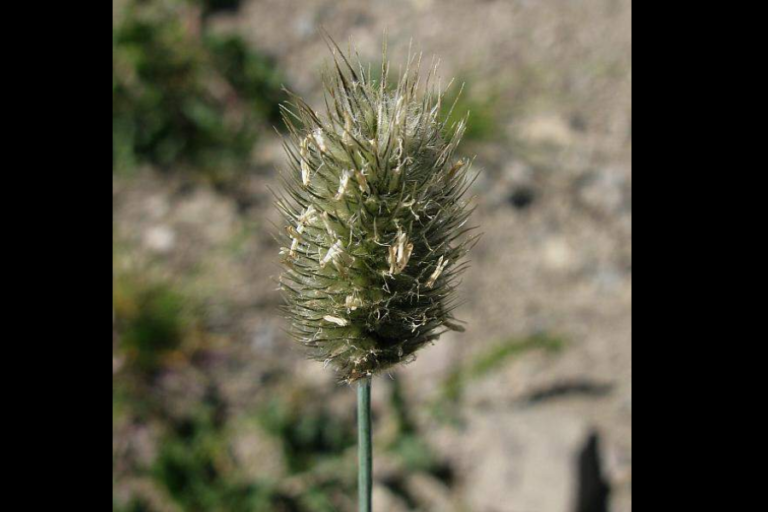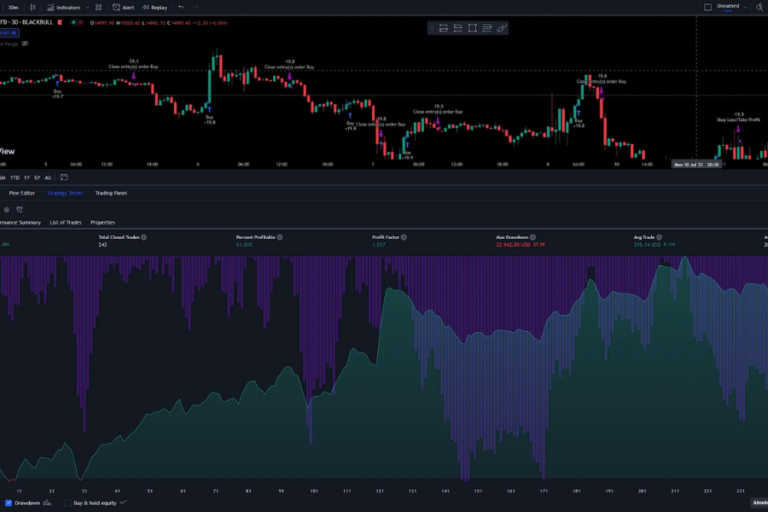Ingeniero Agrónomo Escurra: A Pioneer of Sustainable Agriculture in Peru
Ingeniero Agrónomo Escurra, a distinguished agricultural engineer associated with the Universidad Nacional Pedro Ruiz Gallo (UNPRG), has left an indelible mark on sustainable farming practices and agronomy innovation. Known for his contributions to environmentally responsible agriculture, Escurra has focused his career on enhancing crop productivity while conserving natural resources, making him a prominent figure in Peru’s agricultural community.
Early Inspiration and Academic Journey
From a young age, Escurra’s experiences with agriculture sparked a lifelong commitment to improving farming techniques. His passion led him to pursue agronomy at UNPRG, where he excelled in areas like soil science and plant physiology. Escurra’s journey from student to professor solidified his dedication to bridging scientific knowledge with practical agricultural challenges, positioning him as a guiding force for both his students and the broader agricultural sector.
Legacy in Sustainable Agriculture and Climate Adaptation
As an educator and researcher, Escurra’s influence has extended well beyond the classroom. He mentored generations of agronomists, equipping them with strategies that incorporate scientific research into resilient, eco-friendly farming practices. One of his most notable contributions is the “Escurra model,” which focuses on climate-resilient farming methods that increase crop yields while reducing costs and environmental impact. His dedication to sustainable agriculture has made him a role model for current and future agronomists facing global environmental challenges.
Research Focus: Innovations in Soil, Water, and Pest Management
Ingeniero Escurra’s research spans multiple areas critical to sustainable agriculture, including:
- Soil Conservation and Management: Recognizing soil health as foundational to sustainable agriculture, Escurra advocated for practices like crop rotation, minimal tillage, and organic fertilizers to prevent soil degradation and enhance fertility.
- Efficient Water Use: In response to water scarcity challenges in Peru, Escurra promoted water-saving irrigation techniques, such as drip irrigation, which reduce waste while ensuring optimal crop hydration.
- Integrated Pest Management (IPM): His work in IPM combined various pest control methods to reduce pesticide use, helping to protect both crops and the environment.
- Climate-Resilient Farming: Escurra studied crop varieties resilient to drought and temperature changes, thereby increasing crop adaptability to diverse Peruvian climates.
Community Outreach and Rural Development
Escurra believed in the importance of sharing knowledge with local farming communities. He collaborated closely with rural farmers and cooperatives, ensuring they had access to the latest advancements in sustainable farming techniques. A proponent of organic farming, he helped small-scale farmers shift from traditional methods to eco-friendly practices, enhancing the quality of their produce and opening new markets for organic products.
Champion of Environmental Sustainability
Beyond his technical work, Escurra was an ardent advocate for sustainable development policies in agriculture. He emphasized the importance of biodiversity, soil preservation, and water conservation as key elements of a sustainable agricultural system. His efforts included lobbying for policies that support sustainable farming, collaborating with government agencies, and encouraging cooperation between educational institutions and the private sector.
Recognition and Global Influence
Ingeniero Escurra’s work has earned him accolades from agricultural organizations and academic institutions alike. His influence transcends Peru, with his research reaching international audiences and shaping sustainable farming practices in regions facing similar environmental challenges. By participating in global conferences and workshops, he has helped elevate Peru’s role in advancing sustainable agriculture on an international scale.
A Lasting Legacy in Agronomy
The principles instilled by Ingeniero Agrónomo Escurra continue to inspire agronomists today. As the world confronts the growing impacts of climate change, Escurra’s vision of sustainable farming practices will remain crucial for future agricultural resilience. His legacy at UNPRG and beyond ensures that the next generation of agronomists is well-prepared to lead the way in environmentally responsible and productive farming practices, ensuring a brighter future for agriculture both in Peru and around the globe.
Conclusion
Ingeniero Agrónomo Escurra’s work at Universidad Nacional Pedro Ruiz Gallo (UNPRG) exemplifies the positive impact one individual can have on sustainable agriculture. His innovative techniques, rooted in scientific research and practical applications, have significantly contributed to Peru’s agricultural sector, particularly in adapting to climate change and enhancing crop resilience. Escurra’s approach emphasized a balance between productivity and environmental stewardship, inspiring a new generation of agronomists to embrace eco-friendly practices. As UNPRG continues to carry forward his legacy, Escurra’s contributions remain pivotal in advancing sustainable farming practices that ensure food security and environmental conservation for future generations.
FAQs
1. Who was Ingeniero Agrónomo Escurra?
Ingeniero Agrónomo Escurra was a respected agricultural engineer associated with Universidad Nacional Pedro Ruiz Gallo (UNPRG) in Peru. Known for his commitment to sustainable agriculture, he focused on developing innovative farming techniques that balanced productivity with environmental conservation.
2. What contributions did Ingeniero Escurra make to sustainable farming?
Escurra’s contributions included advancements in soil conservation, efficient water management, integrated pest control, and climate-resilient agriculture. His research and methodologies aimed to boost crop yields while protecting natural resources and reducing environmental impact.
3. How did Escurra impact the rural farming community in Peru?
Through outreach programs and collaborations with local farmers, Escurra shared scientific advancements directly with rural communities. His initiatives included training in organic farming, which helped small-scale farmers increase productivity, access new markets, and embrace eco-friendly practices.
4. What role did UNPRG play in supporting Escurra’s vision?
UNPRG supported Escurra’s efforts by offering a platform for agronomic research and education. His work within the university helped cultivate future agronomists who are prepared to address food security and environmental challenges using sustainable practices.
5. Why is Escurra’s work significant in the context of climate change?
Escurra’s pioneering efforts in climate-resilient agriculture are vital as they equip farmers with the tools needed to adapt to changing climatic conditions. His focus on drought-resistant crops, water-efficient irrigation, and organic methods makes his work a model for sustainable agricultural adaptation globally.
6. What is the legacy of Ingeniero Agrónomo Escurra at UNPRG?
Escurra’s legacy continues through UNPRG’s innovative agronomy programs that incorporate his sustainable techniques. His commitment to eco-friendly agriculture inspires students and professionals alike, ensuring his vision for responsible farming persists.
7. How does UNPRG support sustainable agriculture?
UNPRG integrates sustainable practices into its curriculum, emphasizing soil health, water conservation, and organic farming methods. The university is dedicated to advancing research in climate-resilient agriculture and empowering future agronomists to address global food and environmental challenges.






